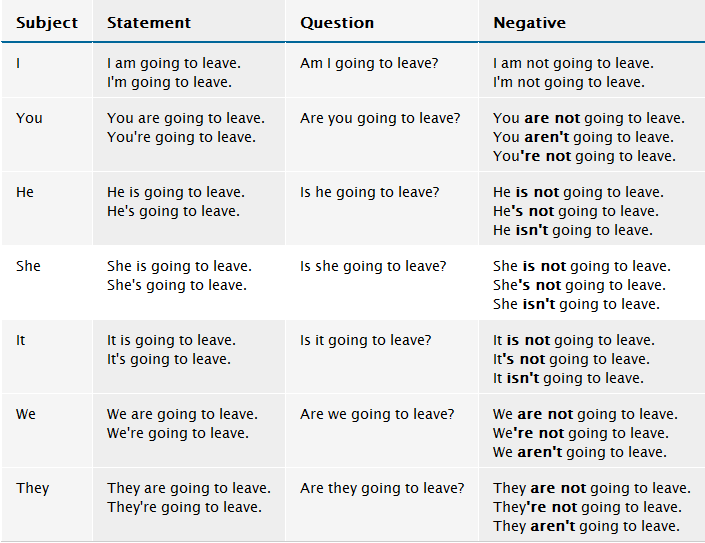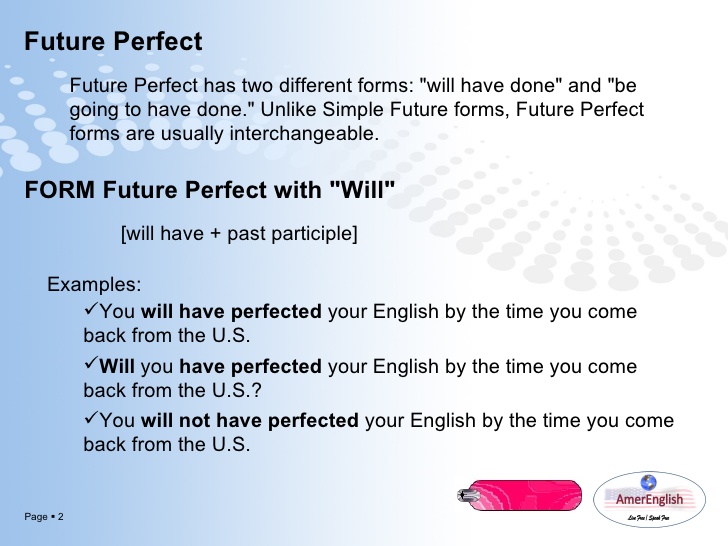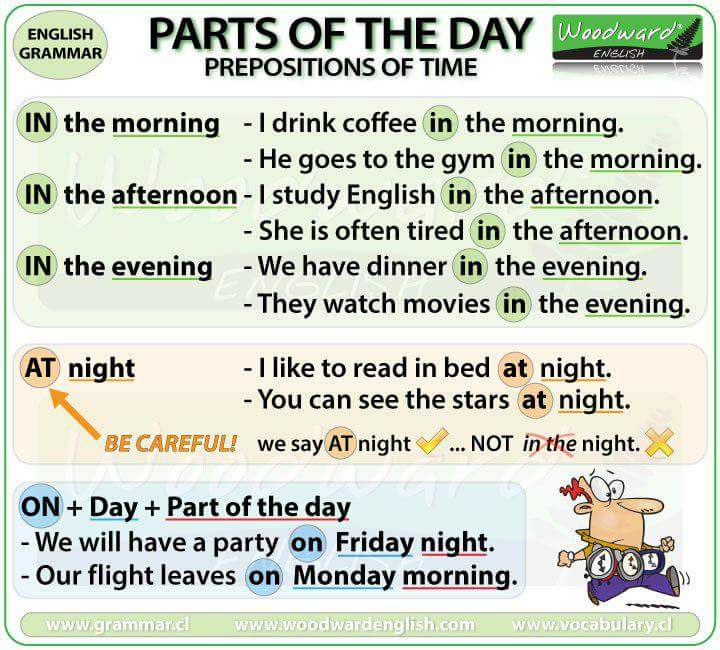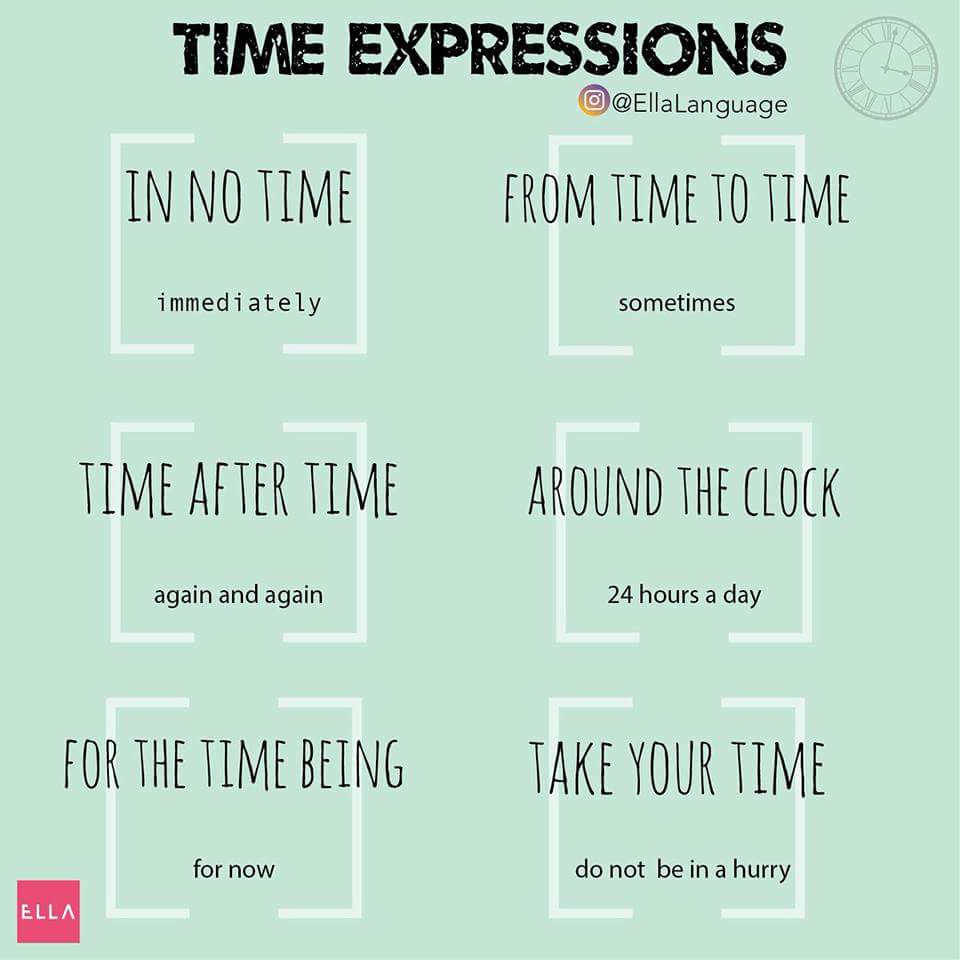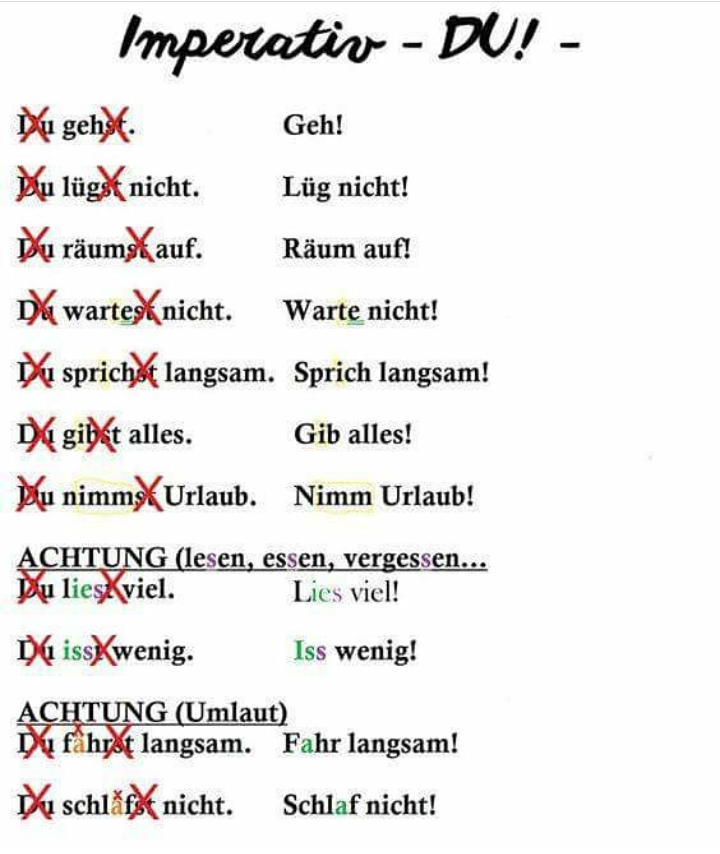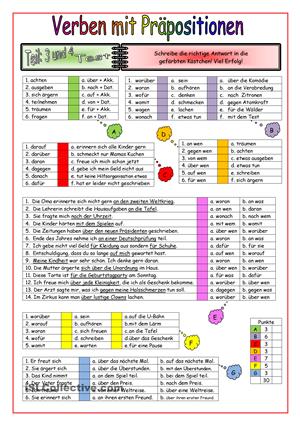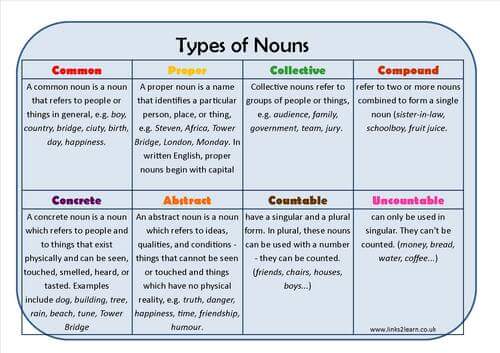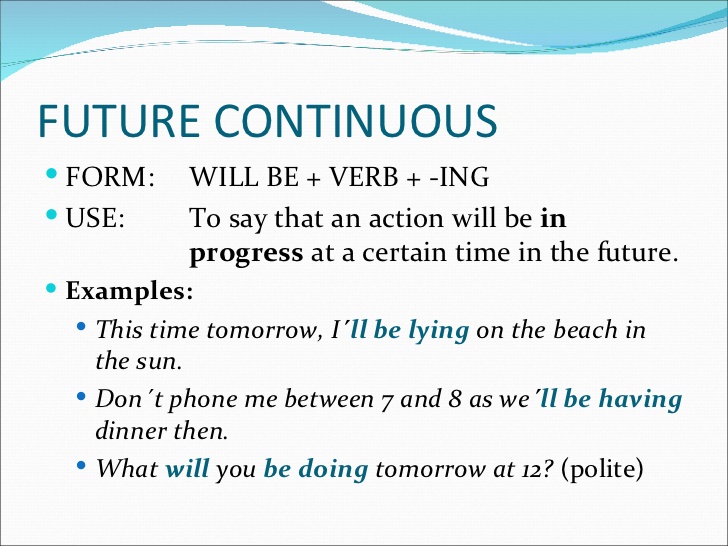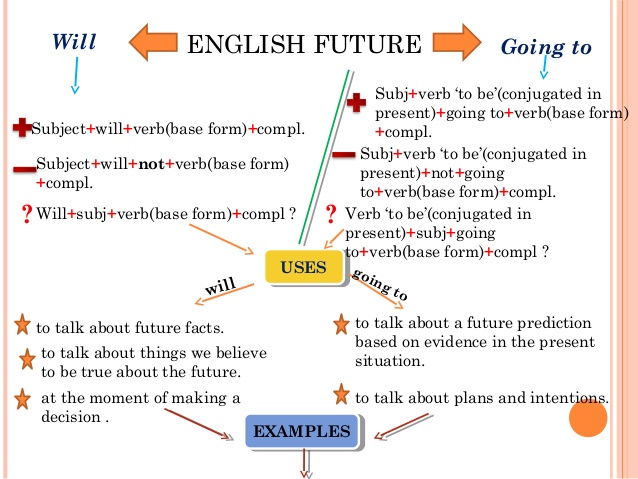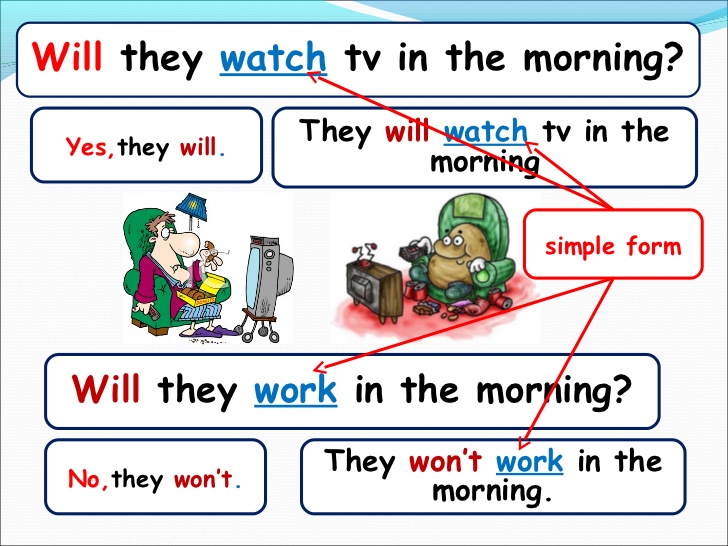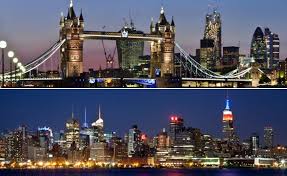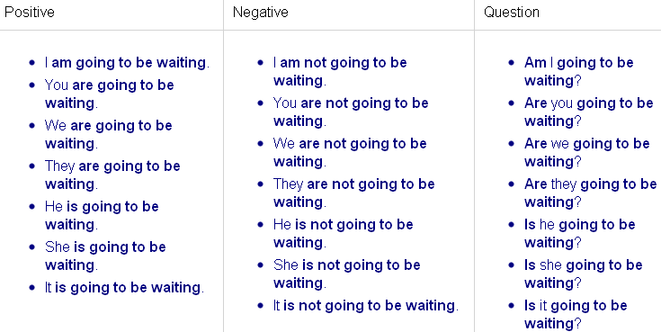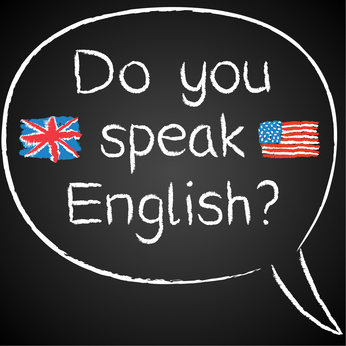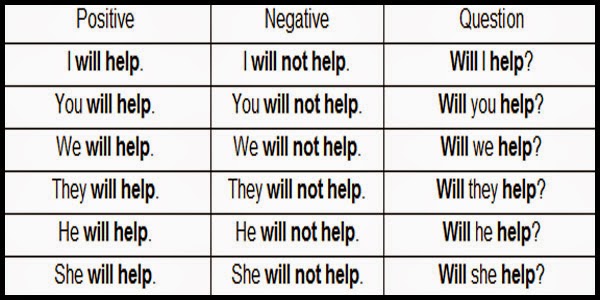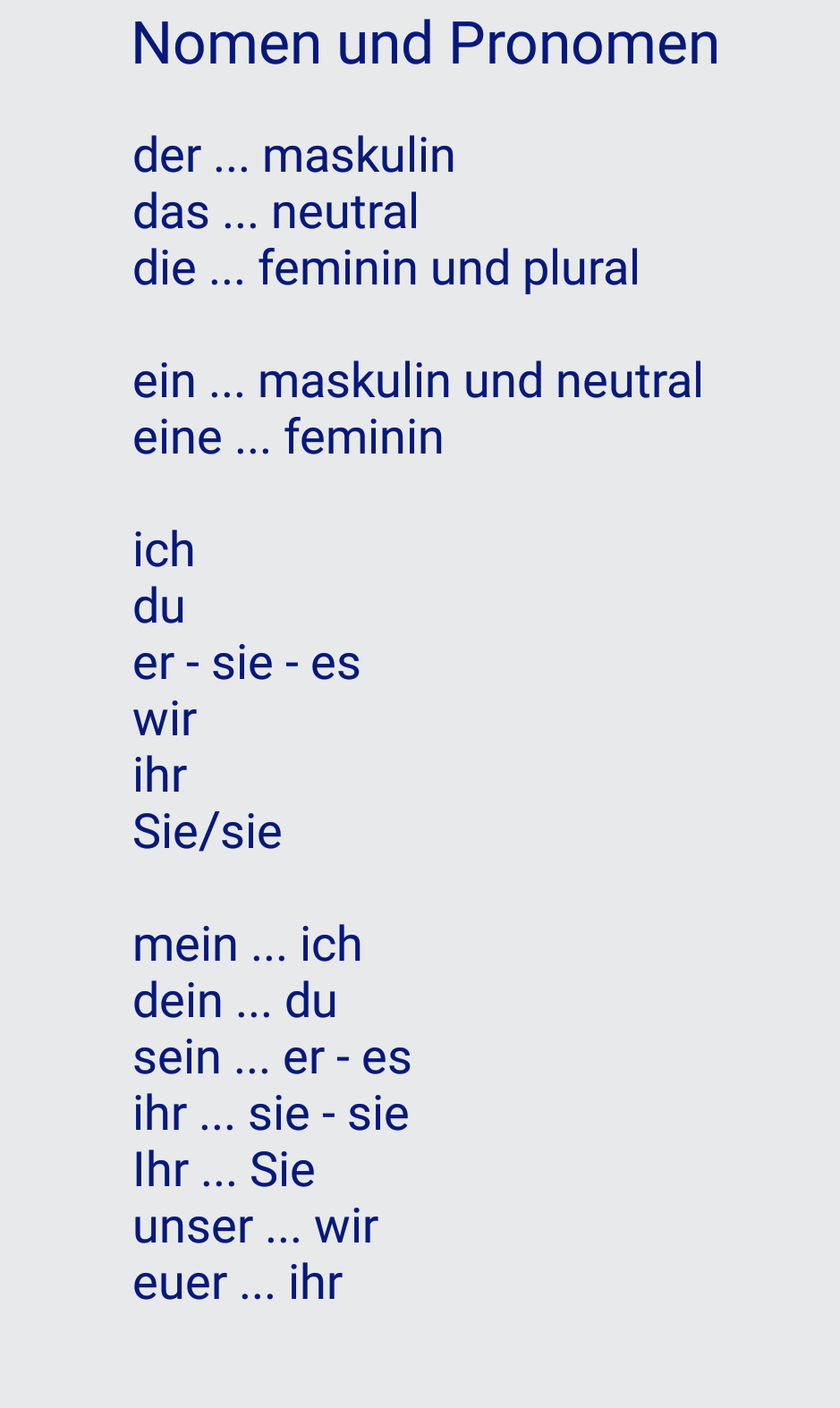Show Categories

51
0
76
0
138
0
128
0
284
0
43
0
119
2
recent by Medina Naipi
· Mar 14 '17 at 8:49 pm
191
1
recent by anesabajrami
· Mar 13 '17 at 6:53 pm
226
0
52
0
385
1
recent by eldaiseni
· Mar 12 '17 at 7:32 pm
135
0
101
1
recent by anesabajrami
· Mar 12 '17 at 12:09 pm
87
0
75
1
recent by anesabajrami
· Mar 12 '17 at 12:03 pm
450
27
recent by uratahyseni
· Mar 12 '17 at 10:29 am
222
0
112
0
44
0
262
0
79
0
315
0
109
1
recent by anesabajrami
· Mar 11 '17 at 7:36 am
84
0
69
1
recent by anesabajrami
· Mar 7 '17 at 7:55 pm
77
1
recent by anesabajrami
· Mar 7 '17 at 11:02 am
112
2
recent by aganshabani
· Mar 7 '17 at 10:22 am
91
1
recent by anesabajrami
· Mar 4 '17 at 12:12 pm
133
1
recent by anesabajrami
· Mar 4 '17 at 12:11 pm
139
1
recent by anesabajrami
· Mar 4 '17 at 12:09 pm
All posts under this topic will be deleted ?
With selected
deselect topics
